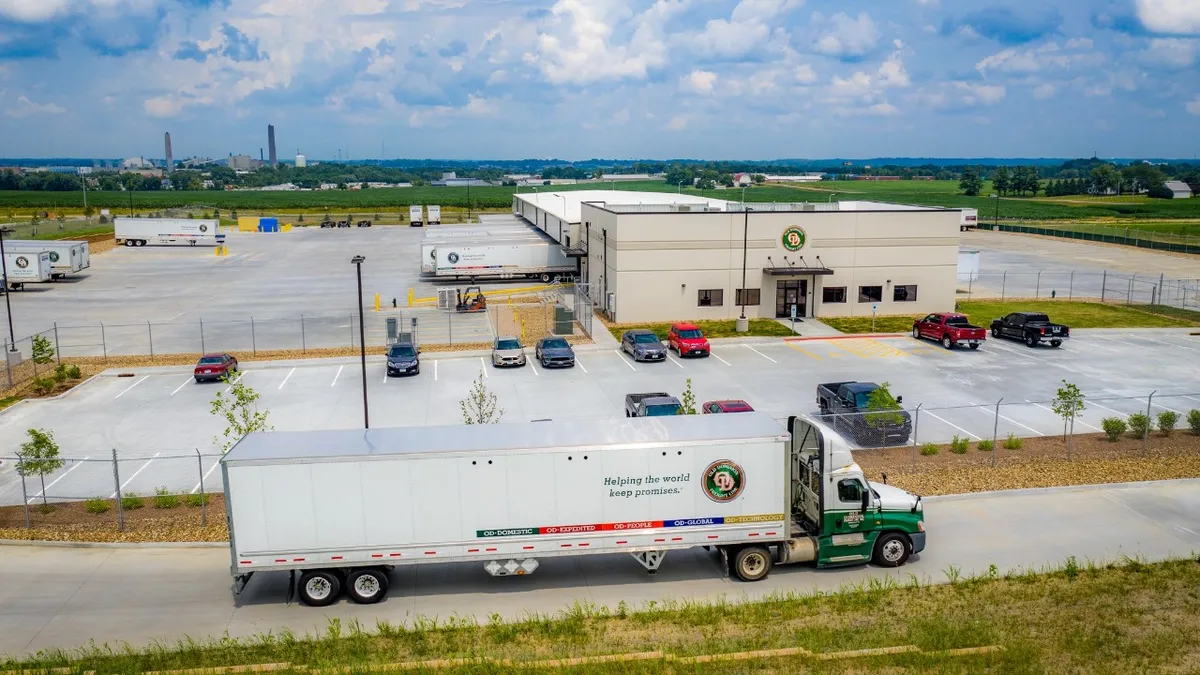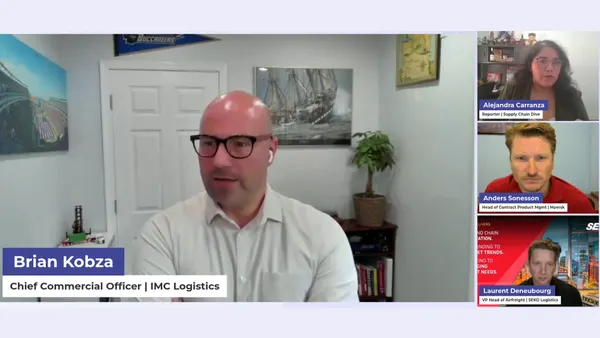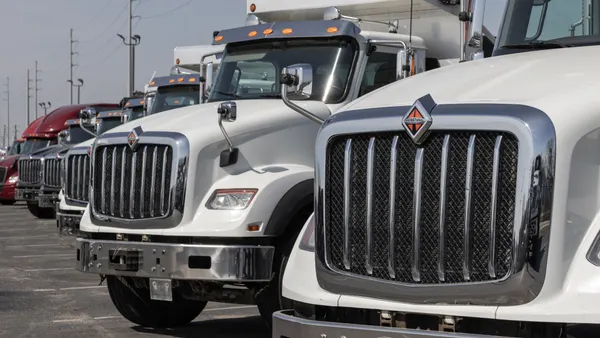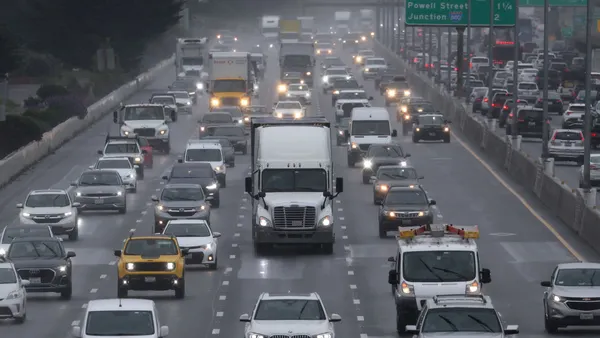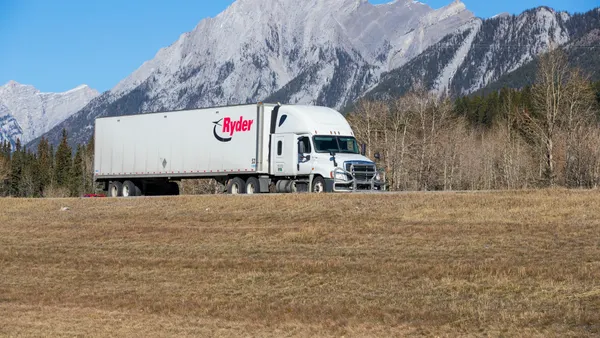Editor’s note: This is the third story in a series about trucking companies’ clashes with investors over environmental reporting and goal-setting proposals. Read the previous installments on Paccar and Knight-Swift Transportation Holdings.
Old Dominion Freight Line is opposing a shareholder push to require the carrier to set targets to reduce greenhouse gas emissions in accordance with the Paris Agreement.
The carrier must reduce its carbon footprint and decouple its growth from climate impact as it works to meet changing customer preferences for low-carbon transportation, the proposal says. It also calls on the carrier to report its annual progress on those efforts, under management’s discretion.
“By failing to act on climate change, Old Dominion risks losing customers to competitors with higher efficiencies or to alternatives such as rail and battery-electric trucks,” the proposal says. “It also faces risk associated with being unprepared for new state and federal regulations.”
The Thomasville, North Carolina-based LTL carrier is advising investors to vote against the proposal from As You Sow, a Berkeley, California-based corporate accountability nonprofit, at Wednesday’s shareholder meeting.
“We believe the shareholder proposal’s prescriptive, one-size-fits-all approach is not in the best interest of the Company,” Old Dominion said in a filing.
Paccar, Knight-Swift Transportation Holdings and Old Dominion’s responses to similar shareholder proposals provide a window into how some of the industry’s most dominant and influential companies see their roles in fighting climate change, a critical global threat that has devolved into a political fault line.
‘No single path’ to net-zero by 2050
In the 2015 Paris Agreement, nearly every country in the world agreed that governments should work to prevent catastrophic impacts by trying to prevent the rise beyond 1.5 degrees Celsius.
The agreement calls for a 45% reduction in global emissions by 2030 and reaching net-zero by 2050.
But the goal of a net-zero global economy, Old Dominion argued, “is not the same as, and does not require, each individual company in the world to be a net zero company.”
The LTL carrier defended it environmental record. It noted it operates one of the newest and most efficient fleets in the country, with an average tractor age of 4.5 years, and it highlighted its regular wins in the Environmental Protection Agency’s SmartWay program, among other accolades.
“There is no single path towards achieving net zero by 2050,” Old Dominion said. “The shareholder proposal articulates a one-size-fits-all approach: setting interim and long-term GHG targets. However, the Company, using its judgment and appropriate discretion, considered and rejected that approach and has instead applied a more holistic, fact-based strategy.”
In urging shareholders to reject the proposal, Old Dominion cited “significant flaws, including that its focus on individual company targets is inconsistent with accelerating the economy-wide transition to net zero.”
“It encourages company goal-setting without a clear-eyed and methodically rigorous view of how such goals may be attained, which has significant potential to mislead shareholders and others,” Old Dominion said in its response.
Old Dominion has an ESG working group and a management-level steering committee that reports to the company’s board on its ESG progress.
An informed vote on the proposal would require an understanding of an LTL carrier’s ability to realistically impact the net zero by 2050 goal through setting emissions targets, the company said.
“As such, we believe it would be irresponsible to commit to the proponents’ requested actions before completing the necessary foundational steps, many of which were underway before we received the shareholder proposal,” the company said.



